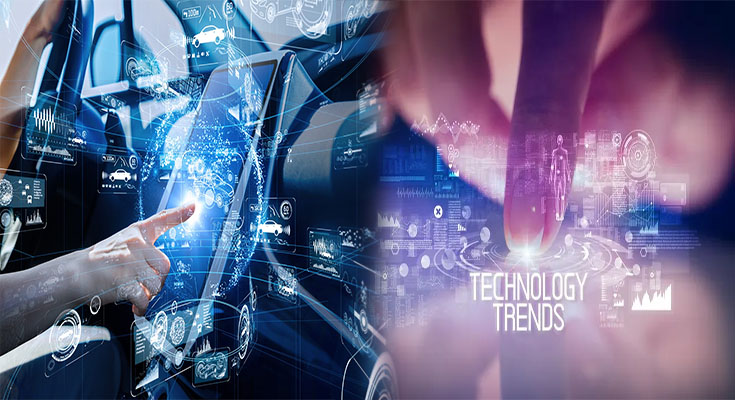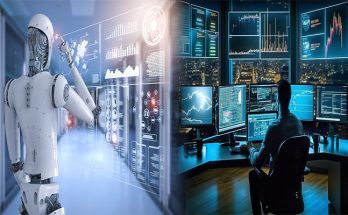The rapid evolution of technology has always been a driving force behind societal progress. As we step into the next decade, there are several futuristic technology advancements that hold the potential to reshape the world as we know it. These breakthroughs span across various fields and promise to revolutionize industries, change our everyday lives, and address global challenges. Here are some key areas where we can expect significant advancements:
Artificial Intelligence (AI) and Machine Learning
Artificial Intelligence and Machine Learning have already made remarkable strides, but their potential is far from being fully realized. In the next decade, we can expect AI to become increasingly integrated into various aspects of our lives. From autonomous vehicles and smart homes to personalized healthcare and advanced robotics, AI will transform industries and enhance our capabilities.
Internet of Things (IoT)
In the next decade, the Internet of Things will continue its exponential growth. With billions of connected devices, we will see a world where objects and devices communicate with each other seamlessly. This will lead to highly efficient and interconnected systems, ranging from smart cities and energy grids to intelligent transportation and healthcare platforms.
5G Connectivity
The advent of 5G technology will unlock new possibilities and accelerate the development of other futuristic advancements. With ultra-fast internet speeds and low latency, 5G will enable real-time communication, enhanced virtual reality experiences, and massive IoT deployments. This technology will revolutionize industries such as autonomous vehicles, telemedicine, and smart infrastructure.
Blockchain Technology
Blockchain, the technology behind cryptocurrencies like Bitcoin, will expand beyond digital currencies in the next decade. Its decentralized and transparent nature will transform various sectors, including finance, supply chain management, healthcare, and governance. Blockchain has the potential to bring about greater transparency, security, and efficiency in business and government operations.
Renewable Energy Technologies
The push for sustainable and clean energy sources will drive significant advancements in renewable technologies. Solar, wind, and hydro power will become more efficient and cost-effective, enabling a widespread adoption of renewable energy. Additionally, breakthroughs in energy storage technologies will address the intermittent nature of renewable sources, making them a reliable alternative to fossil fuels.
Virtual and Augmented Reality
Virtual and augmented reality technologies will become more immersive and accessible in the next decade. These technologies will revolutionize industries such as gaming, entertainment, education, and healthcare. From virtual meetings and remote collaborations to immersive learning experiences and therapy, the possibilities are endless.
Biotechnology and Genetics
Advancements in biotechnology and genetics will pave the way for personalized medicine, disease prevention, and increased life expectancy. Breakthroughs in gene editing technologies, such as CRISPR, will allow scientists to eliminate genetic diseases and enhance desired traits. Biotechnology will also play a crucial role in addressing global challenges, such as food security and environmental conservation.
Quantum Computing
Quantum computing, with its ability to perform complex calculations at an unprecedented speed, will have far-reaching implications in various fields. It will revolutionize industries such as finance, cryptography, drug discovery, and weather forecasting. The computational power of quantum computers will help solve problems that are currently intractable for classical computers.
The next decade promises to be an era of unprecedented technological advancements. These futuristic technologies have the potential to reshape industries, improve the quality of life, and address global challenges. However, with great power comes great responsibility. As we embrace these advancements, it’s crucial to consider the ethical, social, and environmental implications to ensure a sustainable and inclusive future.





